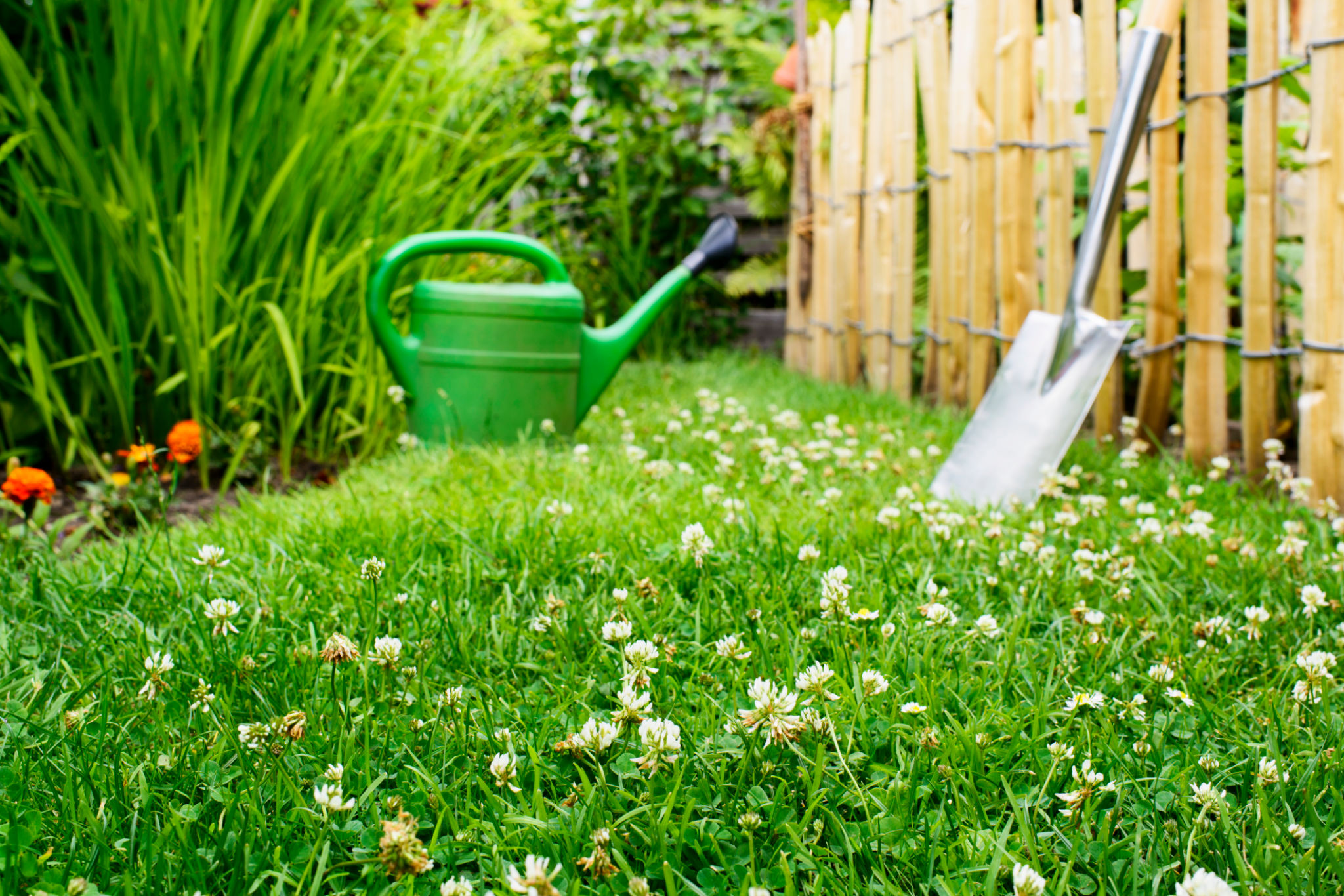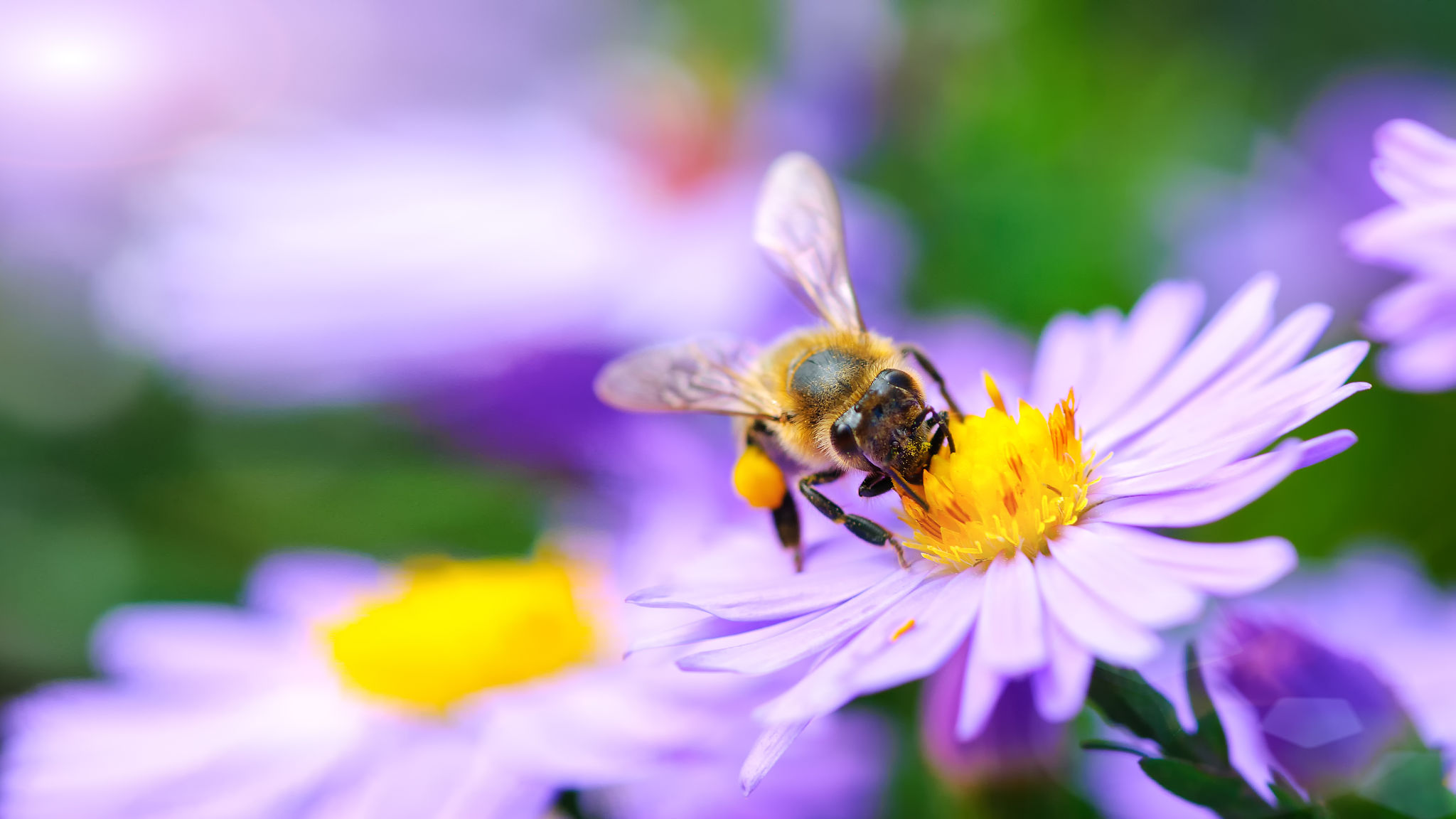Pollinator Paradise: How Clover Lawns Support Local Ecosystems
The Rise of Clover Lawns
In recent years, there has been a growing movement towards more sustainable and eco-friendly gardening practices. One such practice gaining popularity is the use of clover lawns. Unlike traditional grass lawns, clover lawns offer a myriad of benefits for the environment, particularly in supporting local ecosystems and pollinators.

Why Choose Clover Over Grass?
Clover, particularly white clover, is a hardy plant that requires less water and fertilizer than typical grass species. This makes it an excellent choice for homeowners looking to reduce their environmental footprint. Because clover is a nitrogen-fixing plant, it naturally enriches the soil, reducing the need for chemical fertilizers.
Additionally, clover is drought-resistant and can thrive in poor soil conditions where grass struggles, making it a low-maintenance option for many landscapes.
Attracting Pollinators
One of the most significant advantages of clover lawns is their ability to attract pollinators. Bees, butterflies, and other beneficial insects are drawn to the nectar-rich flowers that clover produces. This not only helps support these essential creatures but also promotes biodiversity in your garden.

Supporting Local Ecosystems
Clover lawns contribute to healthier local ecosystems by providing habitat and food sources for various wildlife species. The flowers attract a range of insects, which in turn serve as food for birds and other animals. By creating a clover lawn, you're building a small but vital ecosystem within your backyard.
This interconnectedness helps maintain a natural balance and encourages a healthy environment for both plants and animals.
Easy Maintenance and Cost Savings
One of the practical benefits of clover lawns is their low maintenance requirements. Clover grows quickly and forms a dense mat that naturally suppresses weeds, reducing the need for herbicides. This results in fewer hours spent on lawn care and decreased landscaping costs.

Creating Your Own Pollinator Paradise
If you're considering transitioning to a clover lawn, it's essential to follow a few simple steps:
- Choose the right type of clover, such as white clover, which is ideal for most climates.
- Prepare the soil by removing existing grass and weeds.
- Sow seeds evenly and water regularly until the clover is established.
- Avoid mowing too frequently to allow flowers to bloom and attract pollinators.
The Future of Sustainable Lawns
Clover lawns represent an important shift toward more sustainable landscaping practices. As more people become aware of the environmental challenges we face, embracing eco-friendly solutions like these can make a significant impact. By choosing clover, we're not only enhancing our own gardens but also contributing to the health of our planet.
As awareness grows, we can expect to see more communities embracing this change, leading to healthier ecosystems and more vibrant landscapes worldwide.